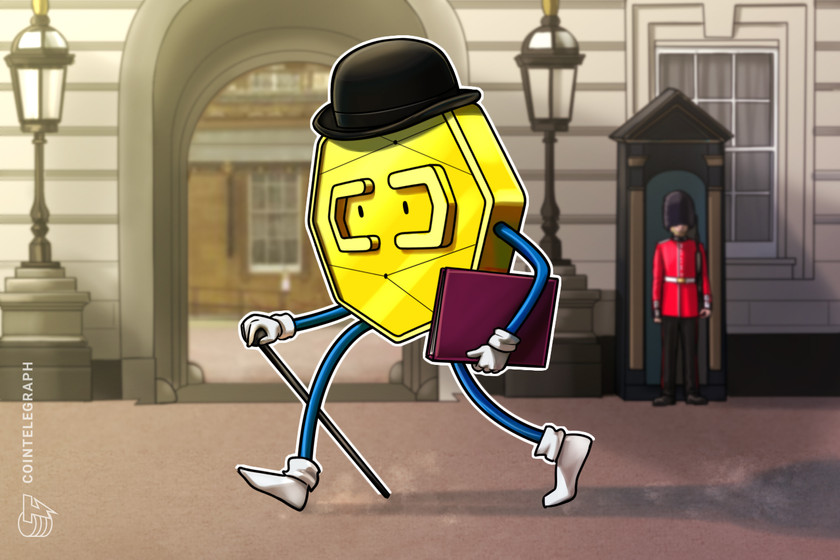Wyoming lawmakers pass bill to prevent forced disclosure of private keys


If Wyoming Governor Mark Gordon signs the bill, from July 1 individuals in Wyoming will be protected from being forced to divulge their private keys, with one limited exception.
Wyoming lawmakers have passed a bill that will prohibit courts in the state from forcing someone to disclose their digital asset private keys, with one minor exception.
The bill was passed by a vote of 41-13 in the Wyoming House of Representatives on Feb. 15, a day after passing 31-0 in the Wyoming Senate.
If the bill is approved by Wyoming Governor Mark Gordon, the law will come into effect on July 1.


“No person shall be compelled to produce a private key or make a private key known to any other person in any civil, criminal, administrative, legislative or other proceeding[s]” in the state of Wyoming, the incoming law reads.
The law includes any private keys associated with digital assets, one’s digital identity or any other interests or rights to which the private key provides.
BIG STUFF–today the #Wyoming legislature passed a bill prohibiting compelled disclosure of private keys (w/ some exceptions), by a veto-proof majority! CONGRATS to @rothfuss @JaredSOlsen @itsmikeyin & special thx @ChristopherA. Next stop @governorgordonhttps://t.co/qu0OoWMzKO
— Caitlin Long ⚡️ (@CaitlinLong_) February 16, 2023
The minor exception involves when a public key is unavailable or is unable to disclose details of the digital asset, digital identity or other interest or right.
However, the act also states that the new law will not bar one from being compelled “to produce, sell, transfer, convey or disclose a digital asset, digital identity or other interest or right” that a private key could provide access to.
It also doesn’t prevent one from being compelled to “disclose information about the digital asset, digital identity or other interest or right.”
The new law — W.S. 34-29-107 — will be titled “Production of private keys; prohibition.”
The private keys legislation comes under Chapter 29 — Digital Assets which is a subset of Title 34 — Property, Conveyances and Security Transactions.
Related: Death and self-custody: How to pass on your crypto when you die
The passing of the bill comes as the private key law has been in the works since as early as September 2019.
Wyoming has long been touted as one of the most crypto-friendly states in the U.S.
It was the first state in the U.S. to declare a decentralized autonomous organization (DAO) as a limited liability company (LLC) in July 2021, and has previously considered a state-issued stablecoin in February 2022 — however, it appears that those endeavors haven’t progressed too much since then.

















